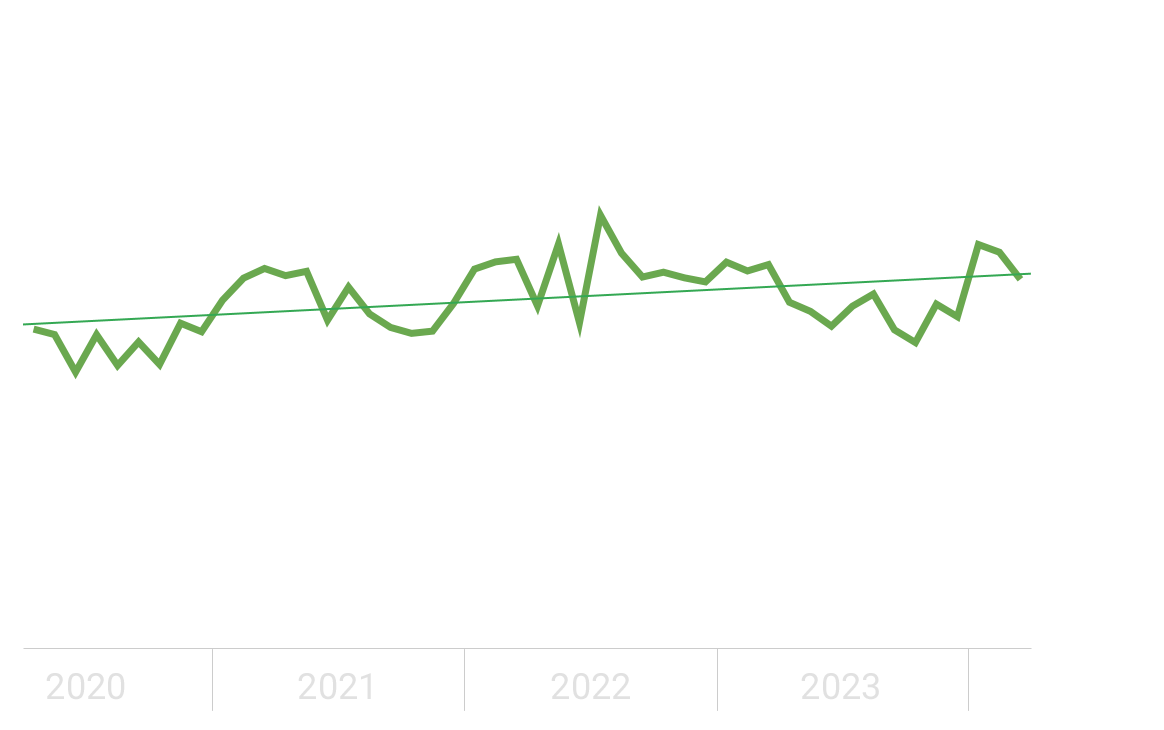It's sometimes claimed that PC VR usage on Steam is shrinking, but here's why that isn't actually true.
The Steam Hardware & Software Survey reports the percentage of Steam users that use a VR headset on SteamVR each month. In March this figure was 1.82%, down from 1.97% in February.

This figure has been gradually trending down since March 2020, when Valve changed the survey's methodology to scan your SteamVR logs for the past month instead of only currently connected headsets.
Taken at face value, it's easy to conclude that PC VR has contracted over the past four years. But there are two major considerations at play here.
The first is that this figure is a percentage. That means that if the number of PC gamers grows faster than the number of PC VR users, this percentage will decrease, even if PC VR has actually grown in absolute terms. But this isn't much consolation. For PC VR to be considered succeeding, it should at least keep pace with PC gaming, right?
Well when the second consideration is taken into account, it not only keeps pace - it's actually growing. The biggest issue with the VR users figure in the Steam Hardware Survey is that it includes China. The most popular PC VR headsets and SteamVR games aren't officially sold in China, and the number of Chinese users on Steam has gradually increased each year.
Here's what that same chart looks like when factoring out Steam users with their language set to Chinese:

While Valve doesn't invest in bringing major new VR content to SteamVR like Meta and Sony do for Quest and PlayStation VR2, PC VR does seem to still have enough organic momentum for growth, albeit not at the pace of other leading VR platforms. And the cheaper version of Quest 3 almost certainly inbound could entice a new wave of PC gamers to jump into VR soon.




























